
The project to promote support for people with neurodevelopmental disorders
to realize their potential in employment
Project Content
Social issues to be addressed
People with neurodevelopmental traits (*1) can demonstrate their potential by matching the traits and the environment. An increasing number of people with such characteristics play an active role in employment, mainly overseas. However, in Japan, the employment rate is lower than for other types of challenges, such as physical disabilities, and the Japan Research Institute estimates that 2.4 million people with neurodevelopmental traits are unemployed (*2). One of the direct causes of this situation is thought to be the lack of reasonable accommodation for neurodevelopmental traits in the workplace.
On the other hand, given that neurodevelopmental disorders are characterized by difficulties in viewing oneself objectively and communicating fluently with others, it is difficult for people with such characteristics to seek reasonable accommodations and take action on their own when they are not well matched to the work environment. As a result, many people with neurodevelopmental disorders experience unstable employment and long-term inability to work based on mental health problems arising from the accumulation of maladjustment, such as being unable to demonstrate their potential at work or repeating failures. In addition, from the perspective of securing the workforce during a period of rapid population decline, the fact that people with neurodevelopmental disorders are not able to fully utilize their abilities in Japan as a whole is an issue that must be addressed immediately.
(*1) What are neurodevelopmental disorders?
Neurodevelopmental disorders are conditions in which the way the brain works from birth causes differences in how things are perceived and felt and in behavioral patterns compared to typical development (a condition without neurodevelopmental disorders). These differences can sometimes cause difficulties in their daily lives. Although people with neurodevelopmental disorders have things they are not good at, if their traits and environment match, their "weaknesses" can turn into "strengths." For example, they can use their strengths in meticulousness and carefulness, logical thinking and behavior, a wealth of ideas, high motivation, and concentration.
Symptoms vary from person to person, and some are difficult for others to recognize. It is common for one person to have multiple neurodevelopmental disorders. In addition to the symptoms shown in the figure, people may also be diagnosed with a neurodevelopmental disorder if they have persistent tics or stuttering.
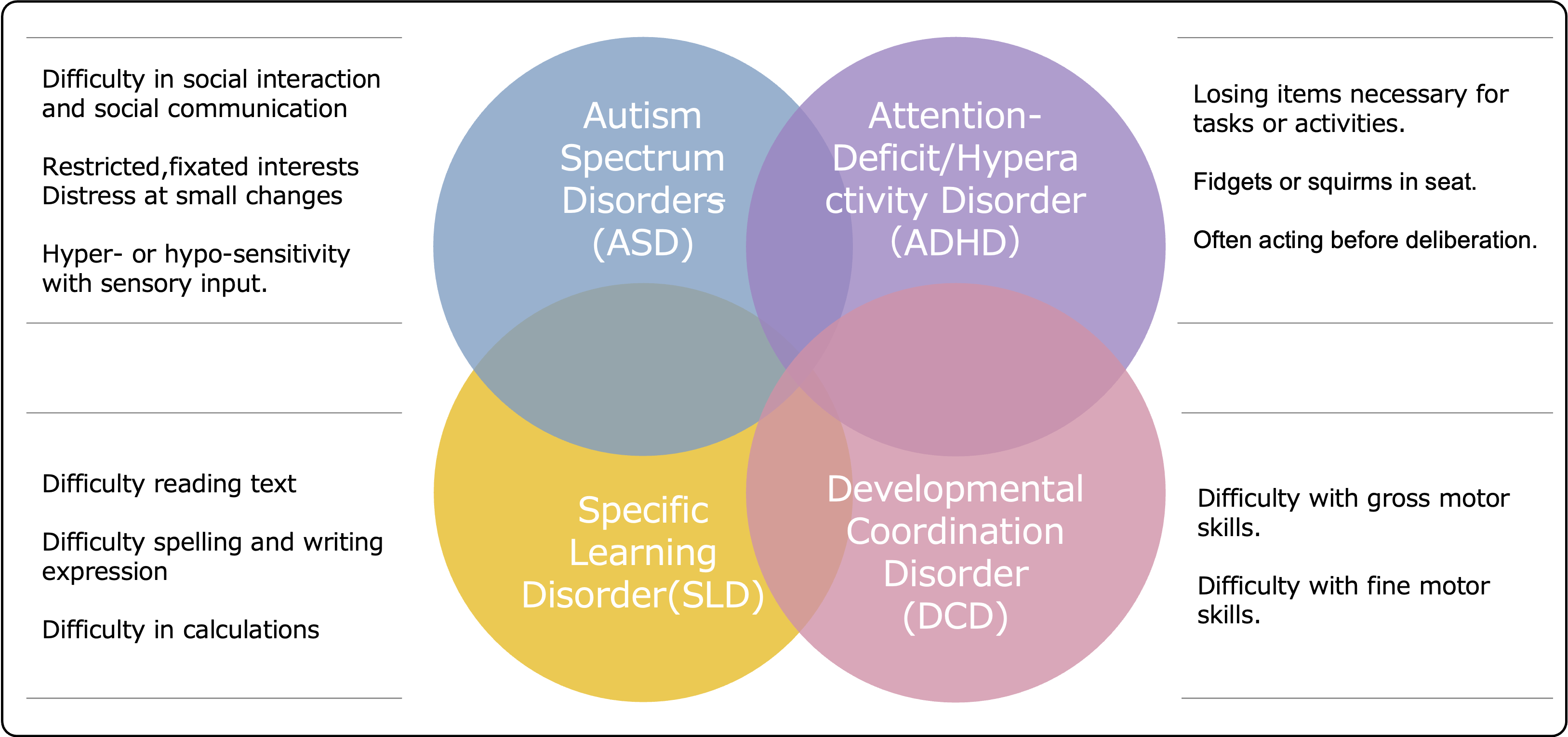
(*2) Source: Estimated by the Japan Research Institute based on the Japan Student Services Organization's "Survey on the Actual Situation Regarding Support for Students with Disabilities at Universities, Junior Colleges, and Colleges of Technology in FY2022 (Reiwa 4) - Results Report," the Ministry of Internal Affairs and Communications' "Reiwa 4 Information and Communications White Paper," and the Ministry of Education, Culture, Sports, Science and Technology's "Survey Results on Children and Students Who Require Special Educational Support Enrolled in Regular Classes (Reiwa 4)"
Approach
This research will focus on work and tasks in advanced and cutting-edge IT fields. In particular, in advanced and cutting-edge IT fields where attention to detail, tolerance for repetitive tasks, and immediate reactions are required, the characteristics of people with autism spectrum disorder (ASD) and attention-deficit hyperactivity disorder (ADHD) are expected to be advantageous, and there is a significant labor shortage, so it is expected that employment opportunities will be created. Specifically, we will quantitatively and qualitatively evaluate the following points, compile them as methods for improving the environment so that people with developmental disorder characteristics can thrive, and develop support systems and tools to disseminate and raise awareness.
(1) The relationship between "environmental factors such as work contents and human environmental factors at the workplace" and " individual status such as physical and mental health status of people with neurodevelopmental disorders (including performance at work)."
(2) The relationship between "communication between corporate management personnel and people with neurodevelopmental disorders " and "the performance and physical and mental health status of both parties."
What we will do in this project
- Measurement and analysis of the relationship between environmental factors and the mental and physical state of people with developmental disorders (in a laboratory)
- Survey of overseas cases
- Measuring the interactions between people with developmental disabilities and management in the work environment
- Establishment of support systems and tools for the effective operation of management methods in the practical environment
- Raising awareness of environmental improvements for people with developmental disabilities
Project Representative
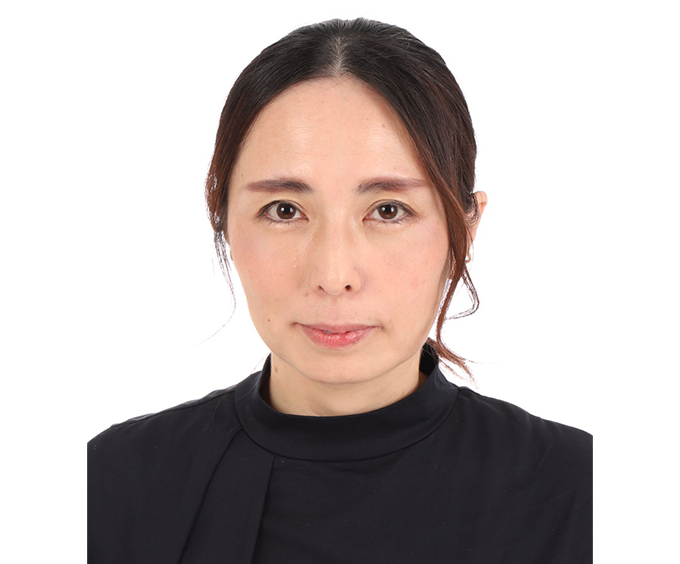
Kyoto University Graduate School of Medicine
Human Health Sciences
Advanced Occupational Therapy
Associate Professor
Sayaka Yoshimura (Yoshimura Sayaka)
Learn more
Japan Research Institute, Ltd.
Center for Emergent Strategies
Senior Development
Manager
Tomoyuki Kimura (Tomoyuki Kimura)
Learn moreProject Members
-
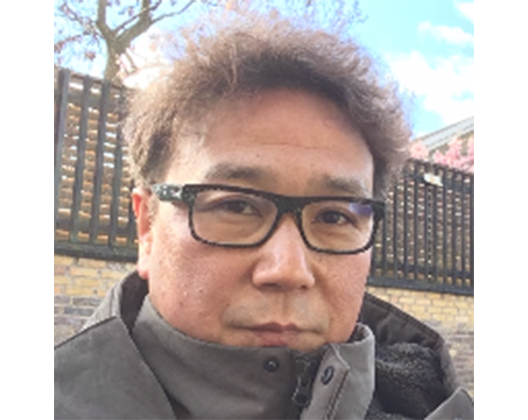
Kyoto University Graduate School of Medicine
Brain Pathophysiology (Psychiatry)
Associate Professor
Hironobu Fujiwara (Hironobu Fujiwara)
Learn more -
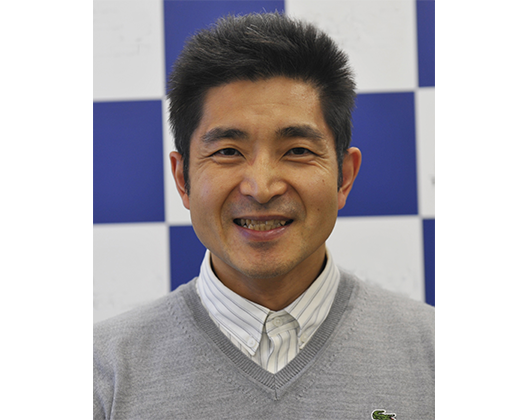
RIKEN Guardian
Robot Project Psychological Process
Research Team Team Leader
Kyoto University Field Science Education and Research
Center Associate ProfessorWataru Sato (Wataru Sato)
Learn more -
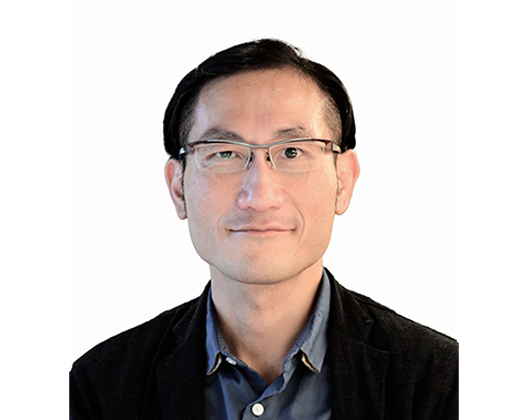
Kyoto University of Education Health Management Center
Professor
Visiting Researcher, Graduate School of Medicine, Kyoto University
Teruhisa Uwatoko (Uwatoko Teruhisa)
Learn more -

University of Tsukuba Department of Human Disorder Sciences
Associate Professor
Visiting Researcher, Graduate School of Medicine, Kyoto University
Shota Uono (Uono Shota)
Learn more -

Kyoto University Graduate School of Medicine
Human Health Sciences
Advanced Occupational Therapy Course Assistant ProfessorAkiko Yamada (Akiko Yamada)
-
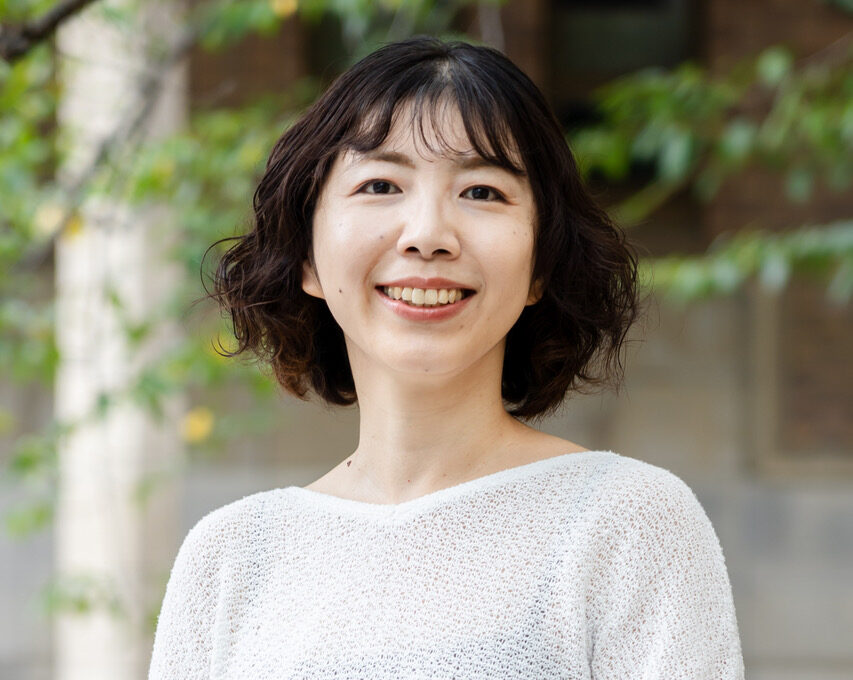
Kyoto University Student Services Organization
Disability Student Support Division
(Specific professional staff)
coordinatorYuko Shimada (Yuko Shimada)
-

Kyoto University Hospital
Psychiatric Counseling Room
Mental health and welfare workerTakuya Yoneda (Yoneda Takuya)
-

Japan Research Institute, Ltd.
Center for Emergent Strategies
consultantArisa Yamauchi (Yamauchi Arisa)
Learn more -

Japan Research Institute, Ltd.
Center for Emergent Strategies
Ryusekido Future (Ryusekido Miku)
Latest Articles
-

[Conference Report] How to Promote Employment Support for People with Developmental Disabilities? Hints for Demonstrating Their Abilities in the Advanced IT Field
Developmental talent -

SMBC Kyoto Neurodiversity Seminar: How to Develop Digital Innovation Talent
Developmental talent -

[Event Completed] Leveraging Neurodiversity: A New Approach to Human Capital Management
Developmental talent
We hope to contribute our research outcomes to developing support systems and awareness activities to set up an environment where individuals with neurodevelopmental traits can demonstrate their abilities. Through research and awareness-raising activities, we aim to promote the creation of a working environment where diversity is accepted, and people with neurodevelopmental disorders demonstrate their potential and play an active role in the areas of their strength.